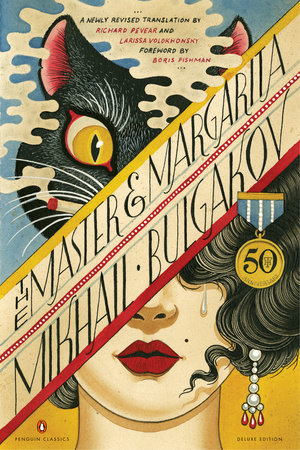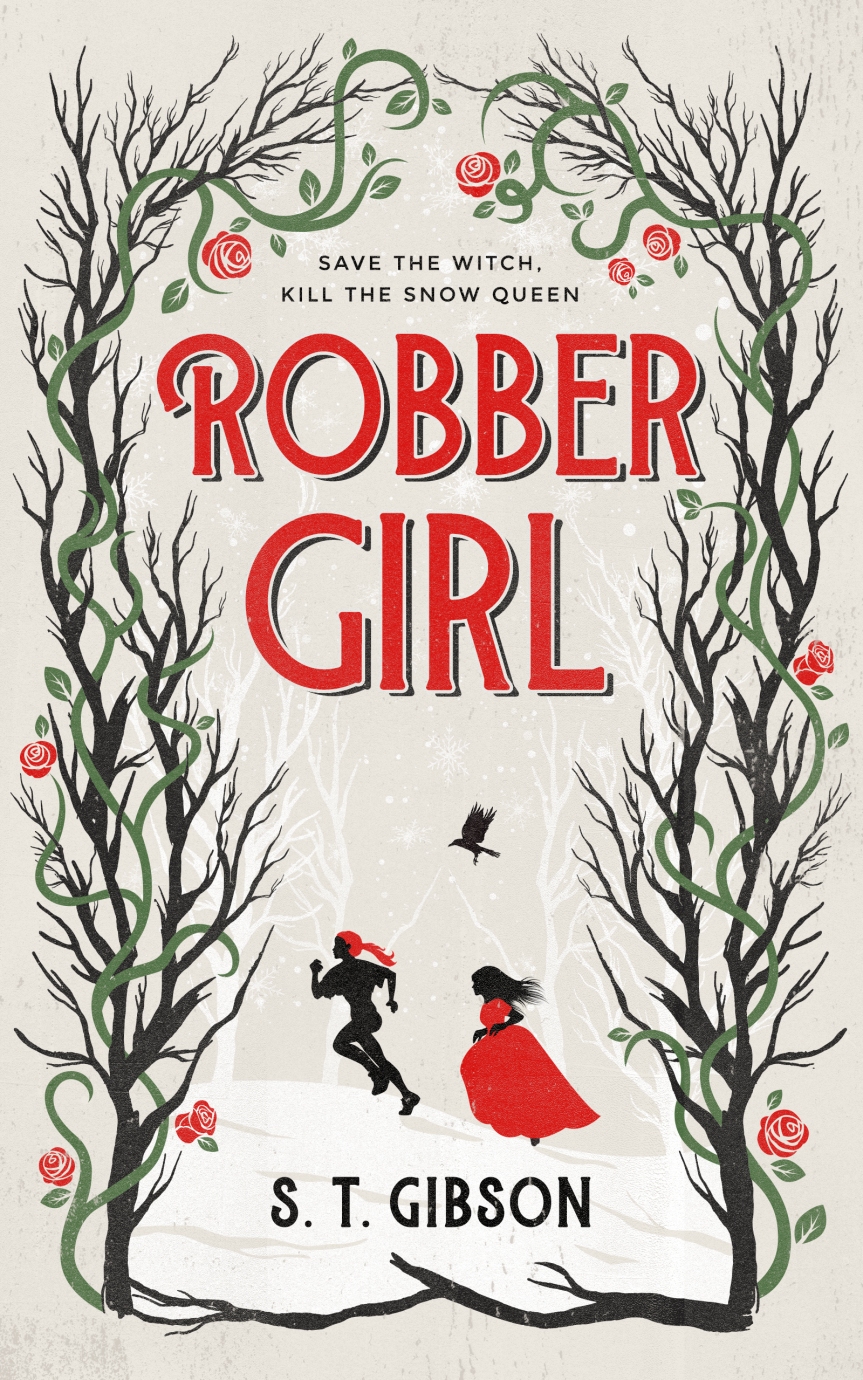⋆⋆⋆
Thank you to NetGalley and Random House/Ballantine for allowing me to read this ARC!
Content Warning: violence, death (including that of a child), murder, torture, racism, colonization, child abuse (physical, mental and emotional), fatphobia, addiction.
Sylah has been raised as a weapon against the Empire since childhood. In the world that Sylah knows, the red-blooded -- called Embers -- rule with an iron fist, subjugating Dusters, with blue blood, and Ghostings, with clear, under the belief that they are superior to all others. Sylah's mission of rebellion and revolution has been thrown off-course, though, when she watched her family murdered before her eyes six years ago. Across the city, Anoor lives a life of luxury as the daughter of a high-ranking Ember, but not all is as it seems. When Sylah and Anoor have no choice but to join forces, they both start to realize that everything they think they know is not the whole truth, and with the help of Hassa, a whip-smart Ghosting spy, they are ready to strike down the old order and start the new.
You may recall that this was on my list of most anticipated for 2022. It sounded like a fresh spin on some old, tired fantasy tropes, and what excited me the most was that the entire cast is primarily Black (and brown as well) and on the LGBTQ spectrum. The first few pages were interesting, but I had a sinking feeling that, perhaps, this was not going to be the book for me. Sadly, this turned out to be the case, although the last 30% was actually rather brilliant.
The amount of information we're given just over the first handful of chapters is simply staggering, and unfortunately, not done in a way that feels cohesive or natural. The first character we're introduced to is Sylah. She's one of the Stolen, a group of Ember children who were taken by the Sandstorm, a revolutionary group of Dusters who are hoping to seize control of the empire. By background alone she's interesting, but added into the mix is the fact that she's a drug addict who has stumbled off her "chosen one" path after tragedy. By all rights, Sylah should've been a fantastic character, but strangely enough, I actually found her a little irritating at first. She comes off as selfish (and not in the way that makes a character interesting, but in the way that makes them aggravating), and in spite of the flaws she's given, some aspects of her are almost too perfect.
My misgivings started with Sylah's first chapters. Even though we're told time and time again that she is an Ember, and therefore has red blood, she competes in fighting matches while she's living in the Duster quarter. I was baffled -- what would happen if she bled? But don't worry, guys. Sylah is so amazing, so talented, that she never loses a match, and miraculously avoids ever bleeding, too. This irritated me. The entire concept of El-Arifi's world is hinged on the differences between blood. If it's so easy for Sylah to overcome these restrictions, then what's the point? This trend continues throughout the entirety of the novel, not only with Sylah, but also with Anoor. This left me feeling a bit confused, and also prevented me from fully immersing myself into the novel. These oversights seem, frankly, incredibly hard to overlook.
There are other things similar to this problem that plague this book. Sometimes, things are so convenient that the entire struggle to get to them seems totally irrelevant. I also must comment on the fact that this novel is pitched as sapphic enemies-to-lovers, and like some other readers, I was sorely disappointed by what the novel actually contained. For the majority of the book, Sylah is caught up in a romance with a man (I won't say who, though it is rather obvious as soon as he's introduced), and while this in and of itself is not a problem, the fact that this relationship is centered above the sapphic one basically for the first half of book is. It would've been more honest to describe this as a love triangle (which, for fairness' sake, I pretty much always dislike), and I think it would've helped my expectations here. The enemies-to-lovers aspect is also lacking. It's more like... rivals to lovers, if that. Sylah is a bit of a bully, weirdly enough, to this woman she supposedly loves so much, and not in the cute, ribbing type of way.
So, let's discuss Anoor's character. Everyone who encounters her pretty much makes a first comment on her weight, and I guess we're meant to be reminded of her loser status by the fact that she's fat. As someone who is plus-size/fat/whatever you want to call it, I couldn't help but roll my eyes at this exhausting, worn-out narrative. Anoor loses weight through training (kind of a long story), but it's okay, she still "keeps her curves." I'm not sure what the point of Anoor being fat/plus-size really was. Again, maybe to remind us that she's down-on-her-luck, and not as fit and cool as Sylah? The romance between the two of them is lackluster, and feels a bit shoehorned, especially in the latter half of the book. Somehow, they move both super slowly and incredibly quickly.
I have to wrap this review up or it'll be miles long, but I do want to reiterate what I said earlier, that the last bits of this novel are actually pretty good. It's ending bits that shot this up to three stars, and because I definitely think I'll be picking up the second book in this trilogy, but with the hopes that it'll have gone through some much needed growth. I actually grew to like Sylah at the end, and I will be interested to see where her journey takes her. At the end of the day, this book suffered mostly from being way, way too long, and slightly bloated.
Not sure I'd recommend it, but again, I will be picking up the next installment, so...





